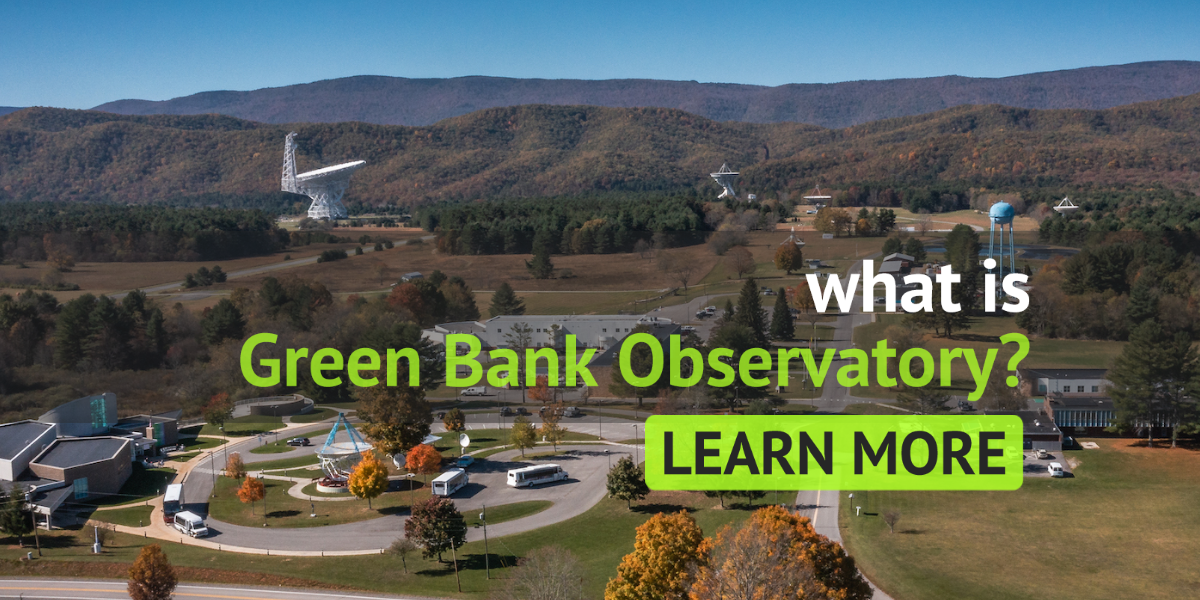Recent Press Releases
More GBO News
GBO Events
Full Events Calendar
High Tech tours – 2026
3:30 pm – 5:00 pm
High Tech tours – 2026
3:30 pm – 5:00 pm
High Tech tours – 2026
3:30 pm – 5:00 pm
High Tech tours – 2026
3:30 pm – 5:00 pm
No event found!

















